Friday, 27 February 2026
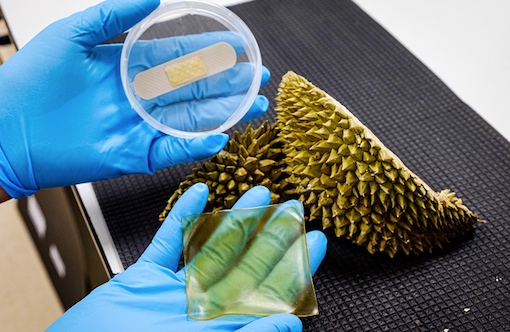
March 29, 2021 | Science News
Singapore develops antibacterial gel bandage using durian husk
The team is now looking for industry partners who may be keen to take their antibacterial gel bandage to market Food scientists from Nanyang Technological University, Singapore (NTU Singapore) have made an…
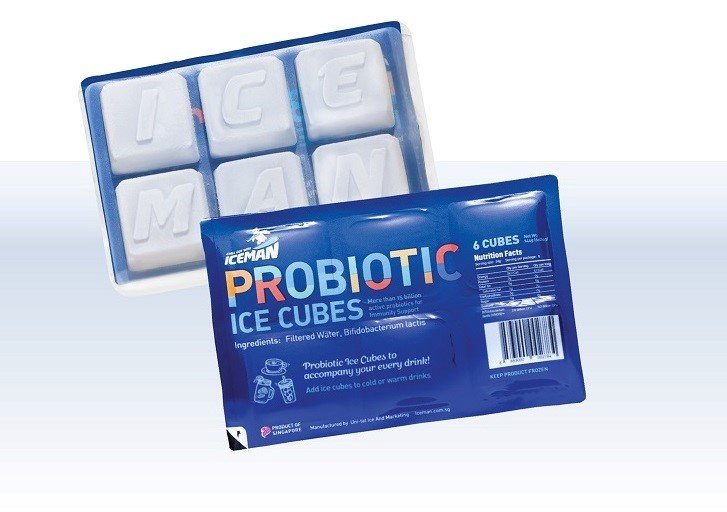
February 24, 2021 | Science News
Singapore develops new probiotic ice cube for gut health
The probiotic ice cubes allow everyday consumers the flexibility of adapting probiotics into food and drinks Uni-Tat Ice & Marketing Pte Ltd (Iceman) and Nanyang Technological University, Singapore (NTU) have launched a new…
February 5, 2021 | Science News
Singapore develops food inks from frozen vegetables
Food inks are usually made from pureed foods in liquid or semi-solid form, then 3D-printed by extrusion from a nozzle, and assembled layer by layer Researchers from Nanyang Technological University,…
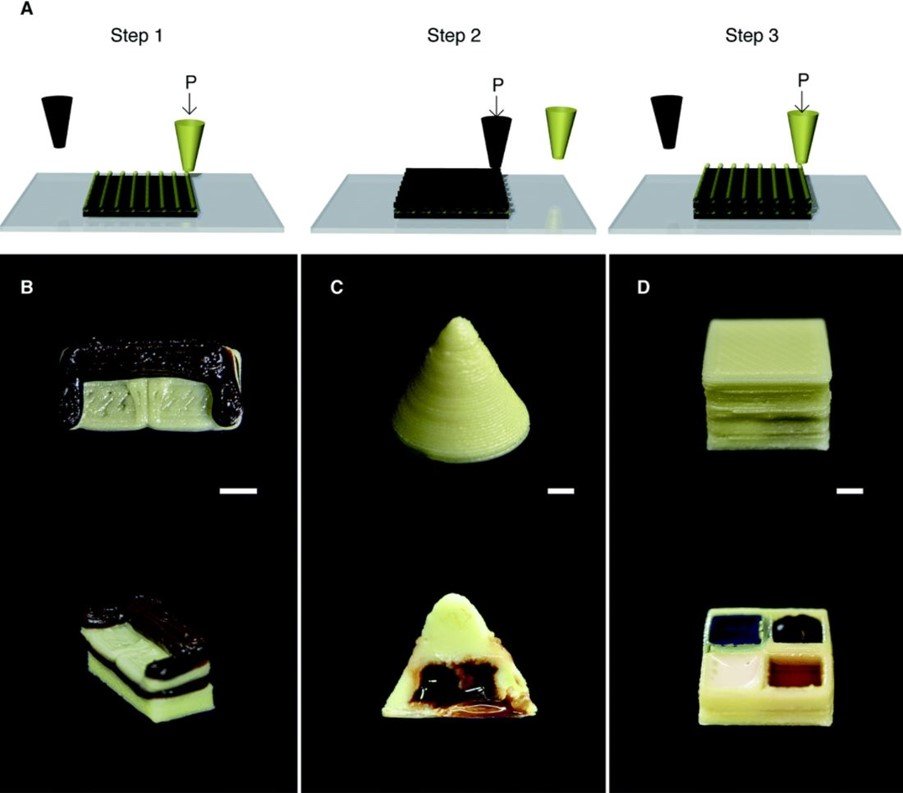
September 23, 2020 | Science News
Singapore develops low-temperature technique to 3D print milk products
Traditionally, 3D-printed foods have often used SLS & hot-melt extrusion methods In a recent research done by the Singapore University of Technology and Design (SUTD), it is found that milk-based…

September 14, 2020 | Science News
Singapore upcycles pineapple leaves into eco-aerogel
The nine-member team from NUS has filed a patent for the production of the eco-aerogels made from pineapple leaf fibres for food preservation and wastewater treatment Pineapples are rich in…

September 4, 2020 | Science News
Singapore offers new solution to tackle food waste
The team demonstrated their concept using orange peel, which recovered precious metals from battery waste efficiently. Scientists led by Nanyang Technological University, Singapore (NTU Singapore) have developed a novel…
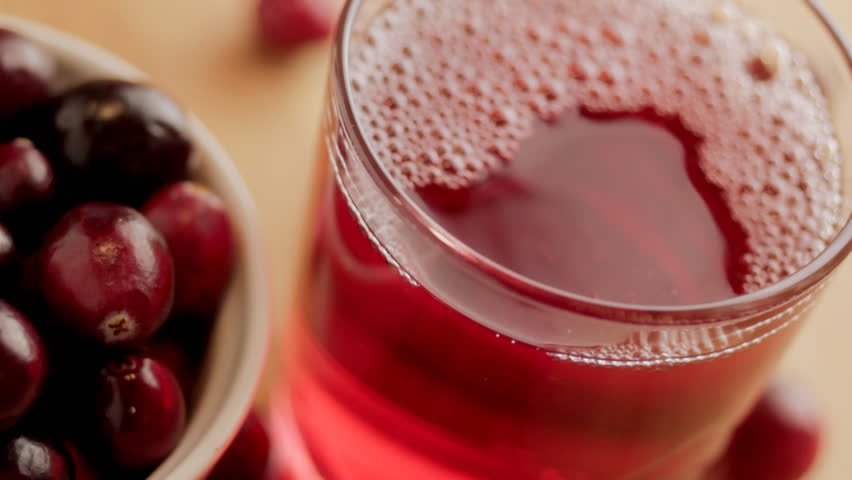
August 25, 2020 | China
Chinese research links cranberry intake with reduced H. pylori infection rates
Study Seeks Novel Solutions to Help Manage Class I Carcinogen – H. pylori A new clinical trial found consuming cranberry juice containing 44 mg of proanthocyanidins (PACs) per 240-mL serving…
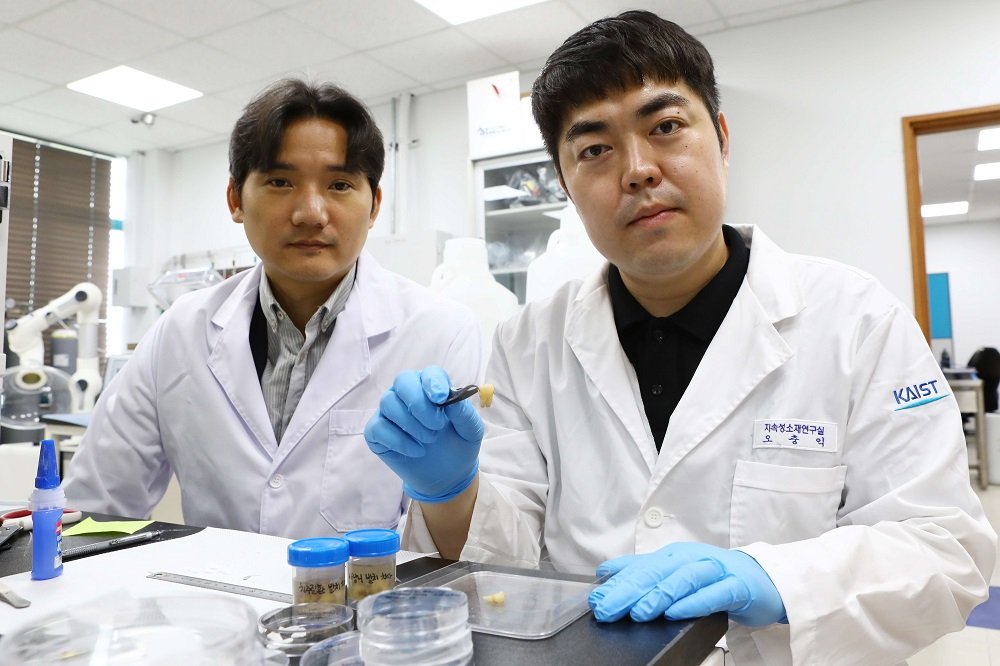
August 11, 2020 | Korea
Korea reveals nanoscale dental erosion from beverage consumption
This novel approach is useful for measuring mechanical and morphological changes that occur over time during enamel erosion induced by beverages Researchers at Korea Advanced Institute of Science and Technology…

July 31, 2020 | China
China uses zebrafish for health food screening
The approach has been regarded as highly innovative in the field of health food in China Chinese Institute of Food Science and Technology (CIFST) brought together experts in Beijing to evaluate the…
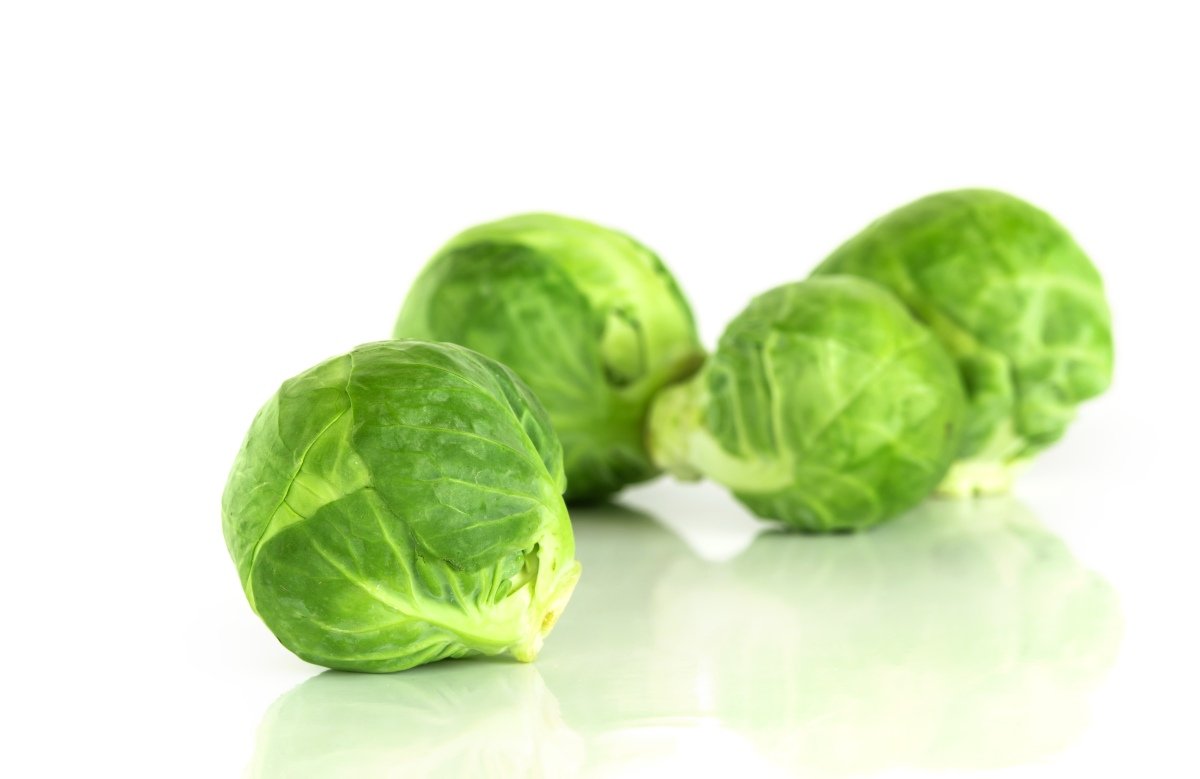
March 6, 2020 | Japan
Japan finds novel ingredient to fight cancer
Green Leafy Vegetables Contain a Compound Which can Fight Cancer Cells In a study recently published in Scientific Reports , scientists at Okayama University in Japan describe how an ingredient of cruciferous…
Technology
Ingredion Thailand Achieves 100% Sustainably Sourced Cassava
Feb 27, 2026 | Company News
Deakin University and Bellarine Foods Partner to Develop Sustainable Marine-Derived Proteins
Feb 26, 2026 | Australia
Royal Unveils Refreshed Jute Bag Design for 20lb Authentic Basmati
Feb 25, 2026 | Company News
Food Testing
Australian Medical Bodies Push for Compulsory Health Star Labelling
Feb 24, 2026 | Australia
Tim Hortons Singapore Secures Majlis Ugama Islam Singapura Halal Certification Ahead of Ramadan
Feb 23, 2026 | Company News
More Popular
Fagron Acquires Pharmavit Europe for €68Mn to Expand Nutraceutical Portfolio
Feb 27, 2026 | Company News
Arla Foods Invests EUR 300Mn in New Cheese Dairy in Sweden
Feb 27, 2026 | Company News
Beyond Meat Broadens Portfolio Beyond Protein with Sparkling Plant-Based Drink Line
Feb 27, 2026 | Beverages






